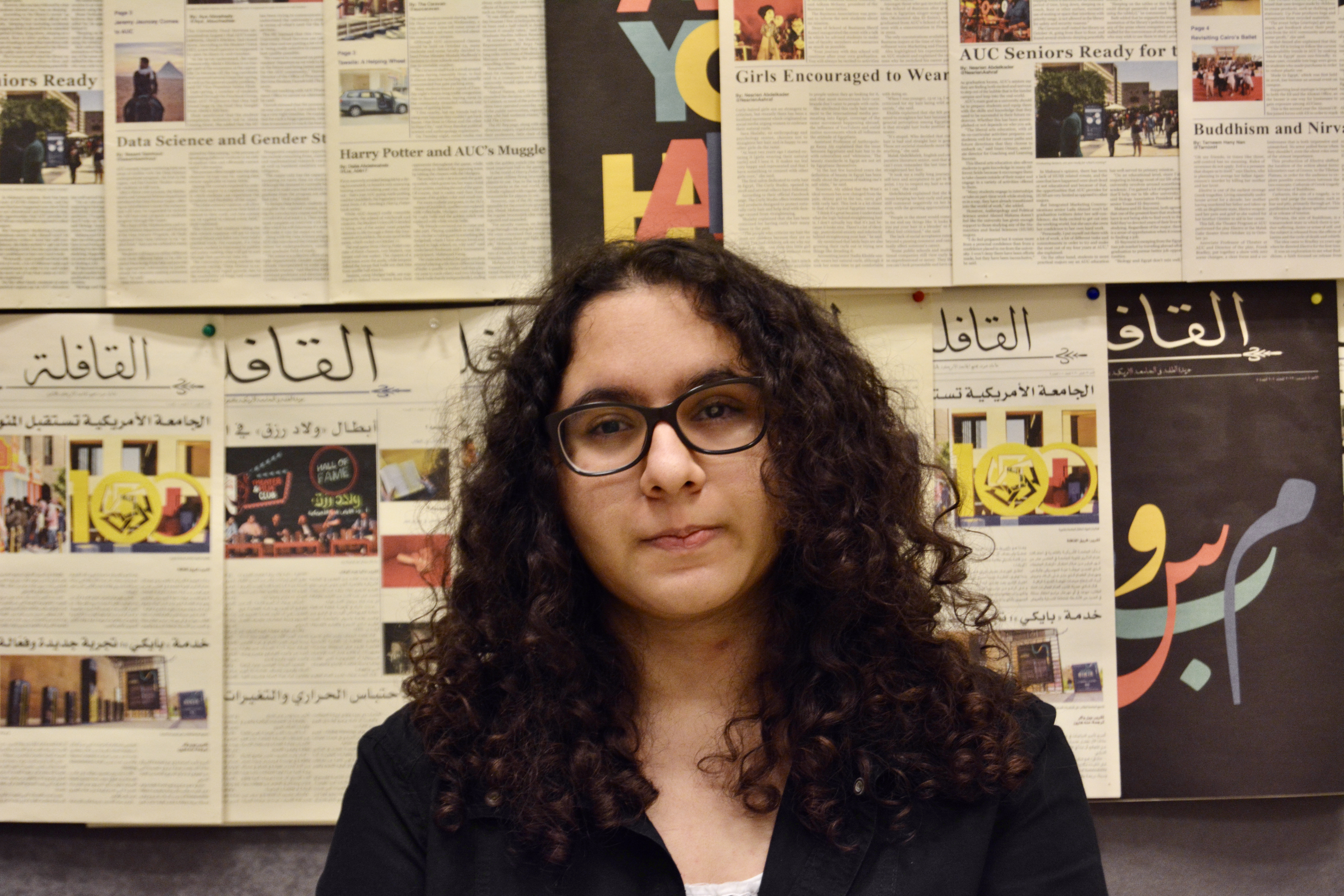By: Maya Abouelnasr
@EmEn1125
English Co-Senior Editor
After watching U.S. Special Presidential Envoy for Climate John Kerry’s climate change address on February 21, I can’t help but wonder if he has just poked the bear — that is, will this call to action be heard and acted upon prior to and post-COP27?
In October 2021, Egypt was officially selected to host the 27th Conference of Parties (COP), also known as the United Nations Climate Change Conference, in Sharm El Sheikh in November 2022.
Among his first comments on Egypt being called the “Mother of the World” and its historic significance, Kerry emphasized that the coming eight months leading to COP27 will not only be rife with promise but also challenge.
In doing so, he threw down the gauntlet to Egypt to lead by example both continentally and regionally and show more commitment to making a difference. This is especially since Egypt has not submitted a Nationally Determined Contribution (NDC) report since its first one was ratified in 2017, according to the climate dataset platform Climate Watch.
Should a campaign be created, how would the minds behind it ensure this message effectively reaches the masses and that the gravity of the situation is profoundly felt, particularly among the illiterate and those residing in slums?
This would certainly be a big ask, as evidenced by some of the past campaigns.
This is especially exemplified in the family planning campaign, which has been unsuccessful since 1981, seeing as the population has more than doubled from 44.4 million to 105.5 million in 2022.
To create awareness, educate and implement in Egypt would require asking a large portion of the population to change their entire lifestyles, from their waste management habits to also adopting recycling habits and using reusable items instead of plastic. Certainly a worthy investment of time, but how much time do we have?
Work has already begun to an extent since 2018 by VeryNile, a sustainability initiative that seeks to clean the Nile and is supported by the Ministry of Environment.
According to VeryNile’s website, besides being vital to the livelihoods of over 100 million Egyptians and being a symbol of the flourishing of Ancient Egypt, the Nile is one of 10 rivers that collectively contribute 90 percent of the garbage in the world’s oceans.
It is therefore highly contaminated with various materials such as plastics and metals, which poses serious danger as the country’s main water source.
This is made even worse by the fact that experts have warned that the country could see a freshwater shortage by 2025 as a result of overpopulation.
This will not only continue to impact people’s health and livelihoods, but if not resolved quickly, we could see our rich marine biodiversity in places such as the Red Sea also begin to disappear as a result of this.
But the problem remains that it continues to be common to see people, including those who are educated and literate, throw their waste out of house windows, car windows, or even while they’re walking with little consideration or care for the consequences.
On top of that, every fall, the burning of rice husks often sees thick black smoke dominate the skies and adds to the already poor air quality, which the UN Environment and World Health Organization (WHO)’s BreathLife campaign reports is 23.4 times the safe level in Greater Cairo alone and results in an estimated 67,283 deaths per year.
One can only hope that being given the responsibility to host COP27 will see change occur and see the message disseminated equally to all socioeconomic groups within the country.
I wrote an editorial in May 2021 about how we should all combat vaccine misinformation, and how those of us who are in the know should guide those who are not, rather than leave them to be informed by unreliable sources or not be informed at all.
This also applies here.
We should strive to return our streets and air to the days of old that we see in old pictures and films in which streets were clean and the management of waste was not a massive contributing factor to air pollution levels that kill nearly 70,000 people annually.
We all have a duty to help contribute to cleaning up the country. It should not be left solely to initiatives and start-ups, whose work will not see any rewards if citizens continually undo it.
